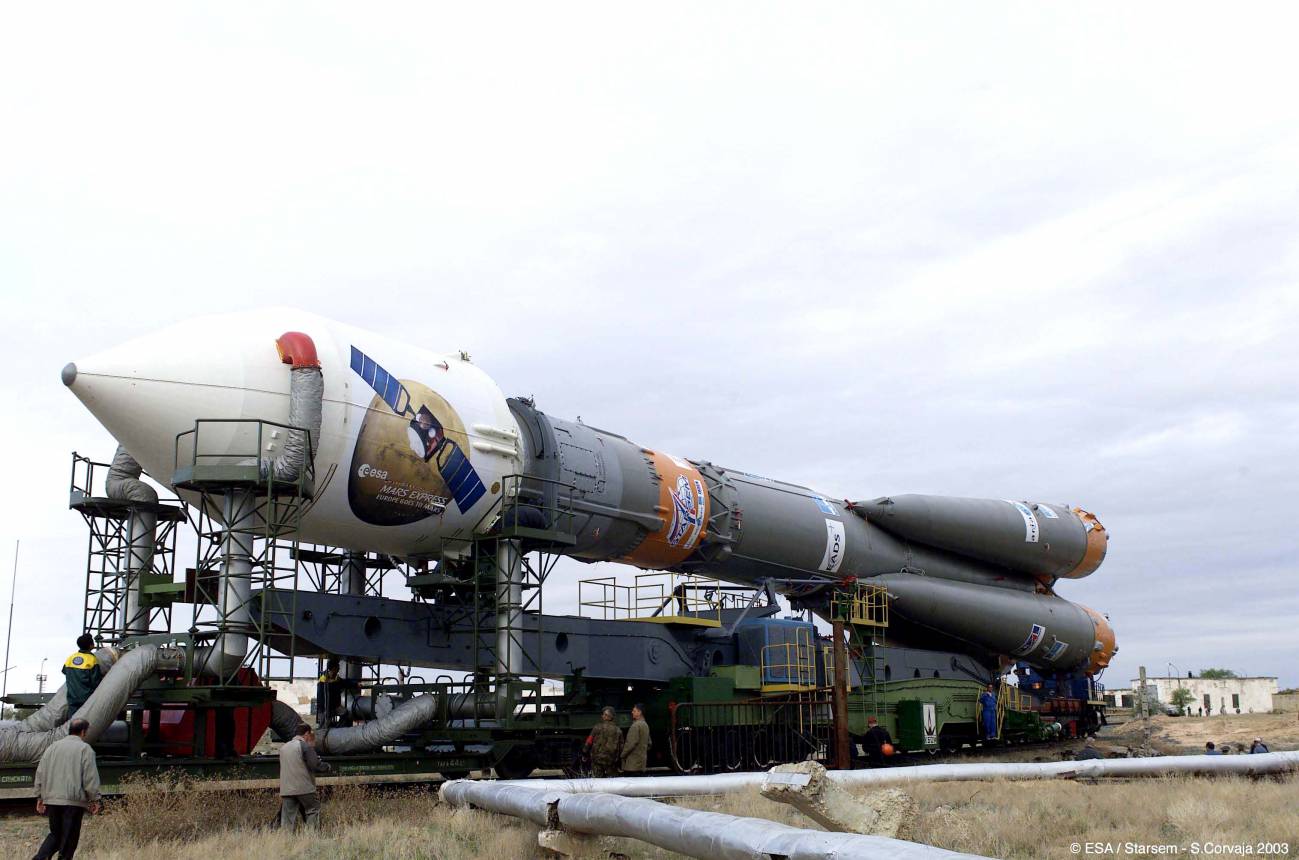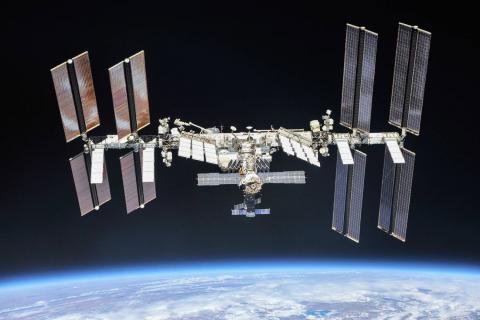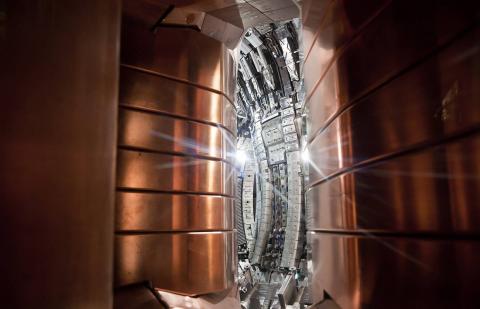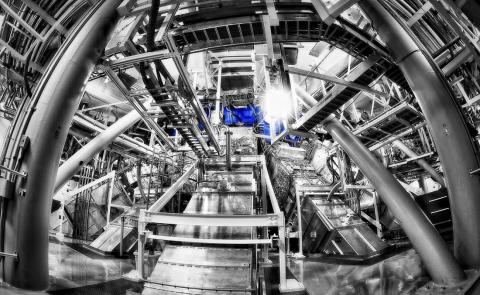"Following the Russian invasion of Ukraine, and in solidarity with the Ukrainian people, the Commission has decided to suspend cooperation with Russian entities in the field of research, science and innovation". So begins the European Commission's website informing about scientific collaboration projects with Russia.
On 3 March a statement by European Research Commissioner Mireya Gabriel defined Russia's invasion of Ukraine as "an attack on the elementary values of freedom, democracy and self-determination, on which cultural expression, academic and scientific freedom and scientific cooperation are based".
Collaboration between European academic institutions and Russia had become increasingly close in recent decades.
Horizon 2020 Framework Programme
In December 2021, the Commission reported on the successful results of Russia's participation in the European Framework Programme for Research and Innovation, Horizon 2020, for the period 2014-2021, noting that "Russia remains among the most active countries" in this programme, and announcing that this "good cooperation dynamic is an excellent basis for further successful cooperation" in the next Horizon Europe for 2021-2027.
Under Horizon 2020, "the EU and the Russian Federation have supported collaborative scientific projects in a wide range of thematic areas (...) such as climate change, infectious diseases, research infrastructure development and greener and safer air transport".
This cooperation "is based on mutual interest, co-funding and support for people-to-people contacts between scientists, innovators and academic communities at large," the note said.
"Russian entities have received €14 million from the EU for their participation in Horizon 2020 research and innovation projects, and more than €47 million from Russian national programmes and other sources," it said.
In addition, 36 Russian organisations have participated in Marie Skłodowska-Curie actions, with 544 Russian researchers in EU member states and countries associated to the Horizon 2020 programme. Russia, for its part, hosts 100 researchers from EU and Horizon 2020 countries. More than 50 Russian citizens have received one of the prestigious European Research Council grants.
Space missions with Spanish participation: Euclid and ExoMars
Russia collaborated very closely with the European Space Agency (ESA). Launches of European astronauts and components to the International Space Station have been carried out in recent years with Russian Soyuz spacecraft, launched from the European spaceport in Kourou, French Guiana. Russia has withdrawn its personnel from this launch base.
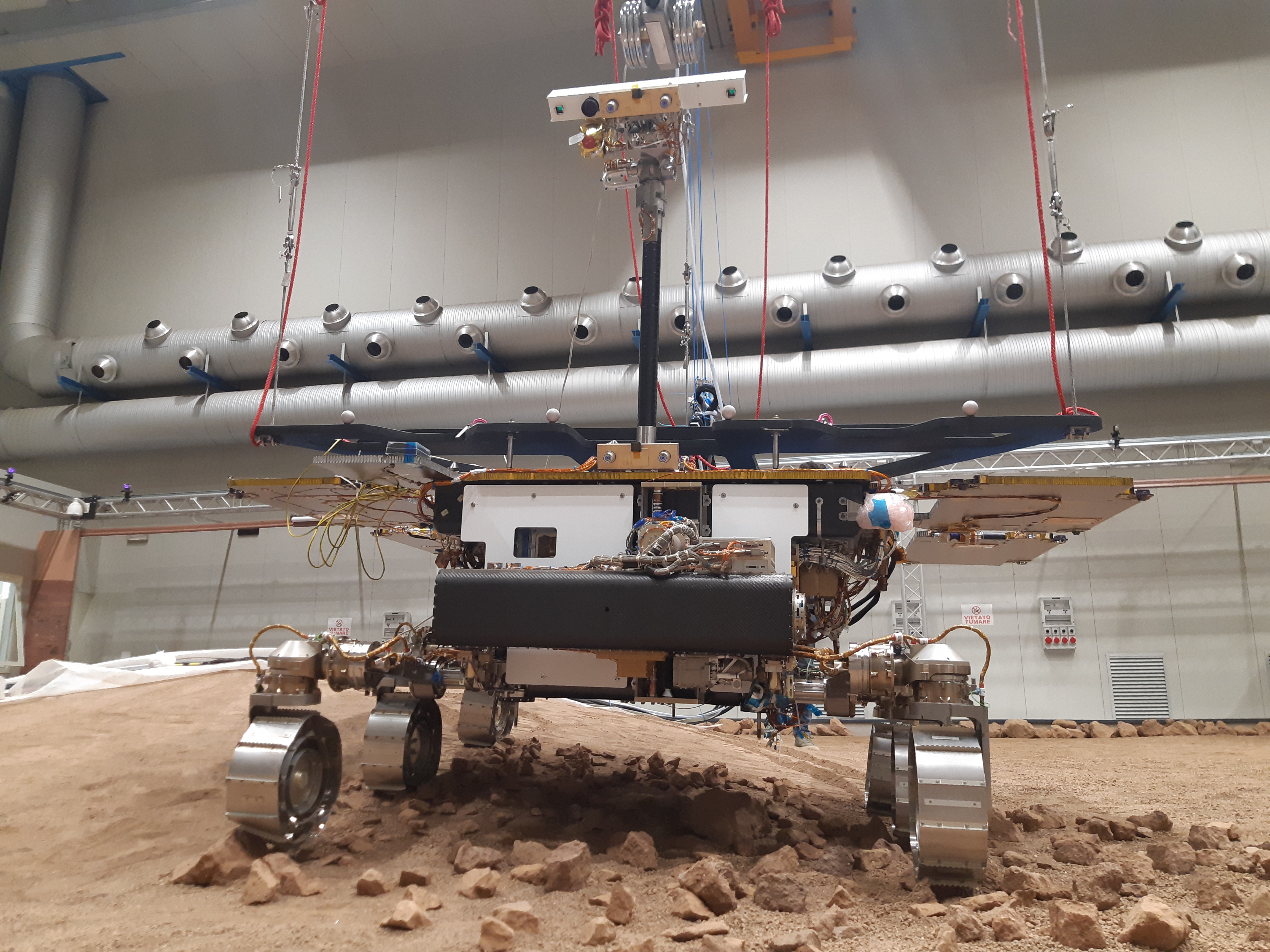
As a result, "all missions planned to be launched by Soyuz have been put on hold," ESA said in a statement on 17 March. These are essentially four missions: Galileo M10 and Galileo M11 - part of the Galileo navigation system; the Euclid space telescope to study dark matter; and the EarthCare environmental observation satellite to analyse clouds and aerosols. ESA is studying "alternative launch services" for these missions.
Euclid, scheduled for launch in 2023, involves the Instituto de Astrofísica de Canarias (IAC) in Spain.
The ExoMars spacecraft, with the Rosalind Franklin robotic rover that was to search for signs of past life on Mars, will not be able to fly in 2022 as planned. One of its most advanced instruments is the Spanish Raman Laser Spectrometer (RLS), designed and built at INTA.
International Space Station
In the same note, ESA clarifies that the International Space Station operations programme "continues to function" as before. "The main objective is to continue the safe operations of the ISS, including maintaining crew safety.
Nuclear fusion in ITER
At the ITER nuclear fusion reactor, currently under construction in Cadarache (France), Russia is covering 9.1 % of the construction costs, like the other non-EU members of the project (China, India, Japan, Korea and the United States).
According to statements to SINC by its spokesperson, Laban Coblentz, 'there is no process in the ITER governing document to expel a member', and he recalls that 'ITER was launched as a child of the Cold War: a collaboration of ideologically non-aligned countries sharing a common goal for a better future. Throughout ITER's history, political differences among its members have never affected the spirit of collaboration. ITER is a project of peace.
CERN: the "peaceful pursuit of science".
At the CERN particle physics research laboratory near Geneva (Switzerland), Russia was until 7 March last an 'Observer State with special rights'. On that day, the organisation announced that this status is "suspended until further notice", and that "CERN will comply with all applicable international sanctions".
The institution "expresses its support for the many members of the Russian scientific community at CERN who reject this invasion" and recalls that "CERN was created after the Second World War to unite nations and peoples in the peaceful pursuit of science".
European synchrotron
The European Synchrotron ESRF, in Grenoble (France), "will inform staff in due course of any action to be taken as a result of this war", and reaffirms "its firm commitment to promote scientific excellence across all national borders, within a context of peaceful cooperation that forbids all forms of violence".
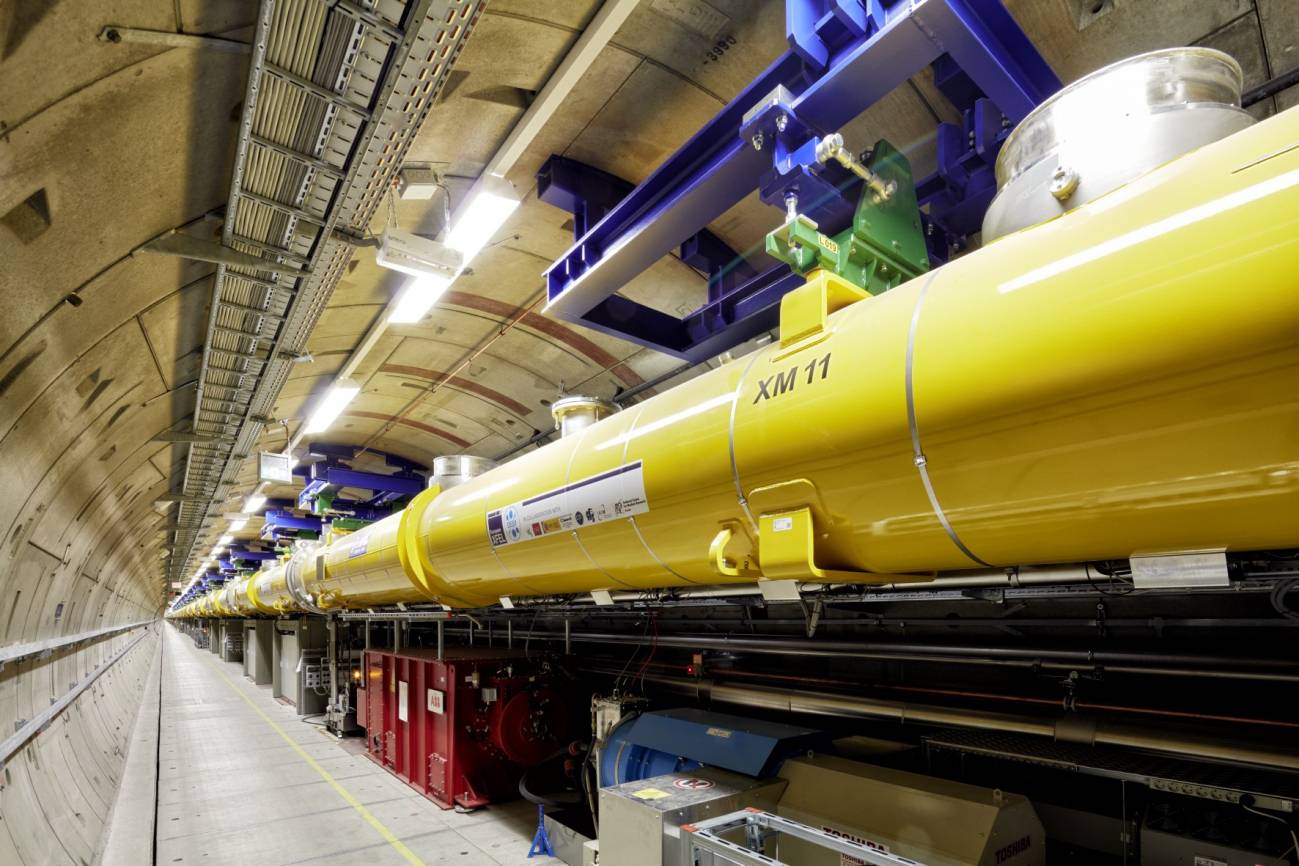
XFEL Laser
The European X-ray laser XFEL in Schenefeld (Germany) has already decided that "we will not enter into new agreements with Russian institutions and will suspend existing ones, respecting the legally binding obligations of the European XFEL". They add: "We are deeply convinced that scientific cooperation can promote peace and that research can best flourish in a democratic international society through collaboration based on our European values.
FAIR antiprotons and ions
The FAIR antiproton and ion research facility under construction in Darmstadt, Germany, states that 'ongoing bilateral cooperation projects with researchers from Russian institutions will be suspended with immediate effect'. They recognise that these measures "will have a strong impact on our own activities, but we believe that they are necessary in the current situation".
Observatories in the Canary Islands
In Spain, Russia is a member of the International Scientific Committee of the observatories of the Instituto de Astrofísica de Canarias, as "countries with bilateral relations with the IAC or that are part of the international consortia that have installed their instruments" at the Canary Islands observatories.
The IAC operates the MASTER robotic telescope, from the University of Moscow, at the Teide Observatory. This telescope participated in 2017 in the detection of one of the most energetic explosions in the universe, the gamma-ray bursts.
But, as this research centre explains to SINC, operations cease as of 5 March: "A letter has been sent to the professor in charge informing him that, due to the legal circumstances in our country, which require the renewal of the agreement with the University of Moscow, and given the invasion of Ukraine by Russia, at this time we cannot proceed with the necessary negotiations for the renewal". The IAC hopes "that we will soon be able to restore scientific collaboration between our institutions".
